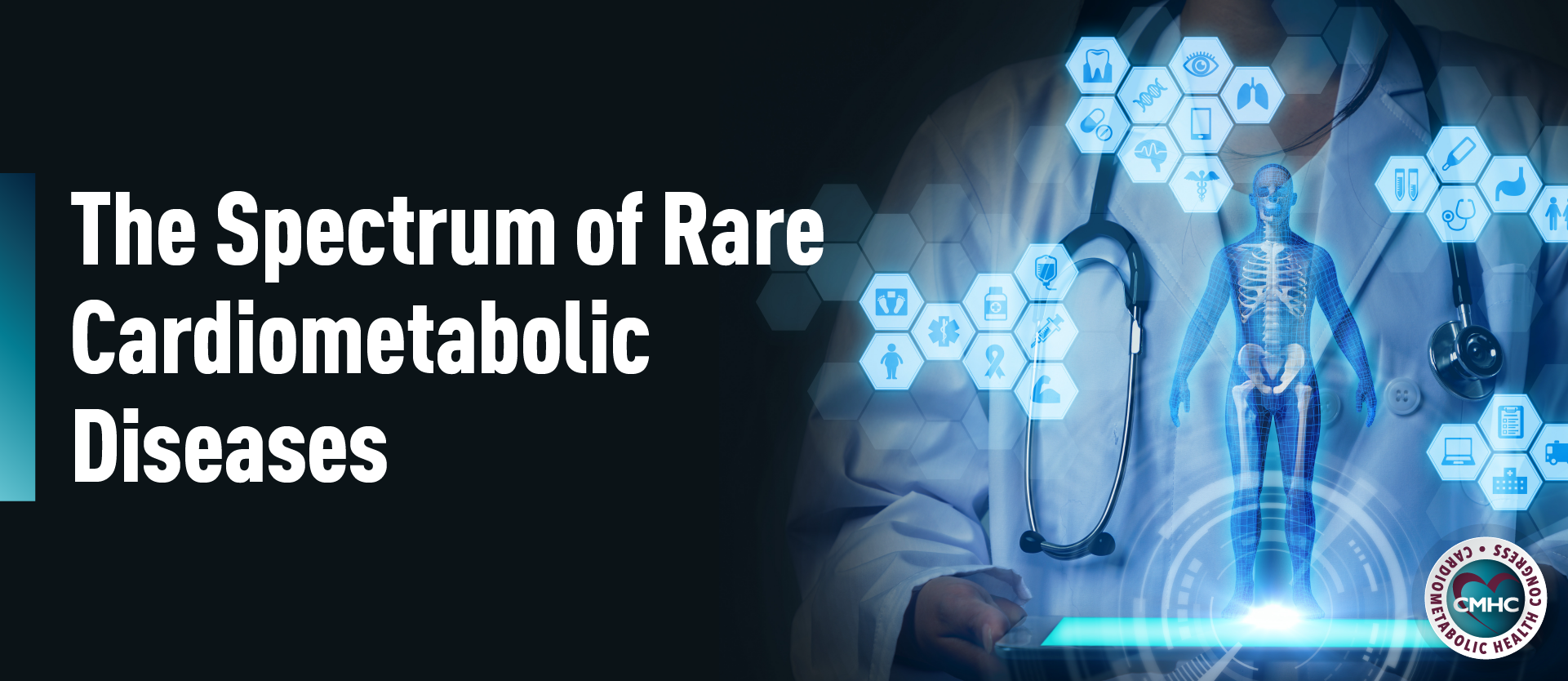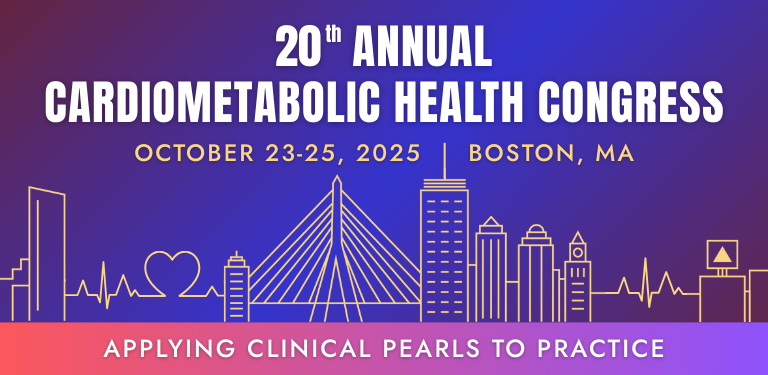A new editorial published by a group of cardiologists in the British Journal of Sports Medicine argues that saturated fats, found in foods like butter, cheese, and meats, does not clog arteries and ultimately lead to cardiovascular disease. The doctors report that a Mediterranean-style diet, coupled with minimal stress and daily exercise, should be the primary focus for the prevention of heart disease.
The authors cite systematic reviews and observational studies that show no correlation or association between consumption of saturated fat and increased risk of heart disease. British cardiologist Dr. Aseem Malhotra, of Lister Hospital, argues that even reducing saturated fat intake in people with pre-established heart disease does not minimize the risk of heart attacks. Yet for decades, researchers, doctors, and scientists believed that cutting out saturated fat would lower cardiovascular disease—despite firmly solid evidence.
While some people have transitioned to diets of carbohydrates, these also play a role in the gradual development of cardiovascular disease. Malhotra states that eating too much pasta, bread, and potatoes will rapidly spike blood glucose levels; our bodies respond to carbs by over-producing insulin. When insulin levels are consistently and constantly too high, the hormone is unable to deliver glucose to cells, in order to provide energy. Ultimately, an inflammatory response occurs when the body becomes resistant to insulin, which Malhotra and his colleagues believe is the true culprit.
The editorial sheds light upon the critical importance of diet, as a dietary imbalance of nutrients can ultimately damage arteries; the lipid, soft fat plaque that is more prone to rupturing is the ultimate cause of a sudden heart attack. The combination of a healthful diet, regular exercise, and stress reduction is considered to be the optimal way to reduce cardiovascular disease, and most other chronic diseases.








